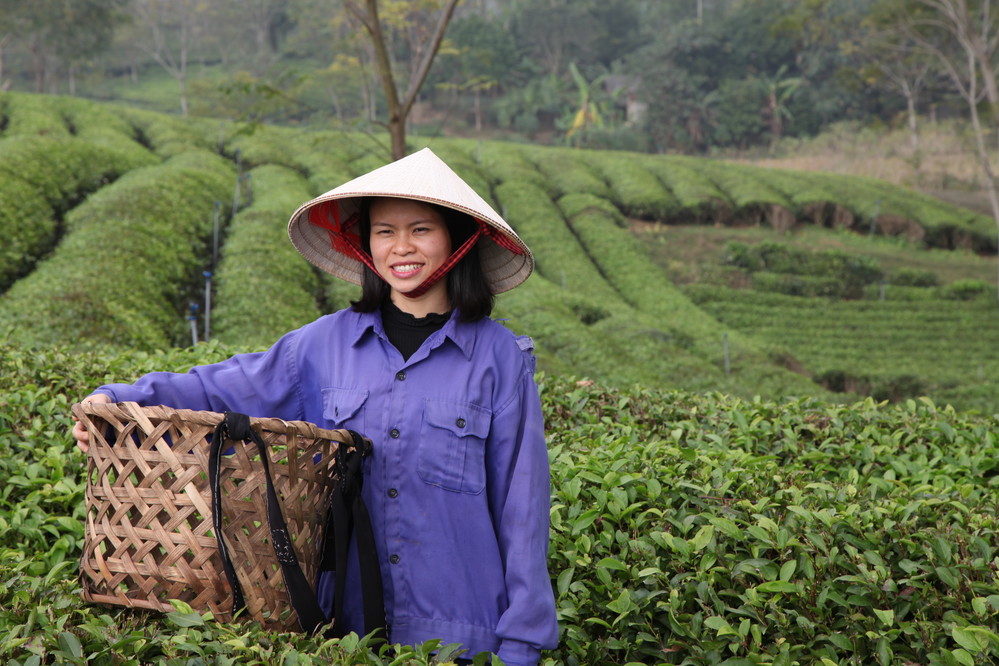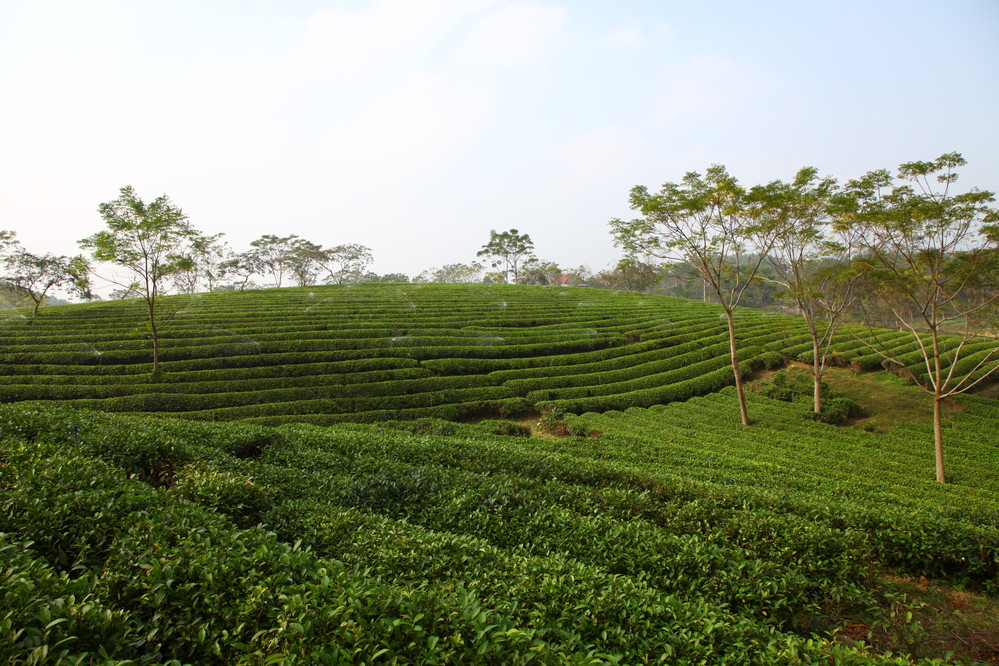
By IFAD
July 12, 2019.- Climate change is one of the major dynamics of change affecting rural youth livelihoods. It is having significant effects on the countries in which the rural youth population is concentrated and on the sectors in which they will be looking for employment opportunities. The climate shocks underlying these effects are expected to become more frequent and intense unless measures are taken to incorporate climate change adaptation and mitigation into broad development policies and investments. At the same time, investments targeting rural youth need to incorporate a long-run climate lens approach for two simple reasons: today’s youth will bear the brunt of a failure to adapt to climate change in the future; and the sustainability of any investment in the creation of youth opportunities will be determined by how the effects of climate change unfold (as well as myriad other economic and policy uncertainties).
Climate change is a youth issue because most countries in which the youth population accounts for a sizeable share of the total population also depend heavily on agriculture – a sector that is highly exposed to climate change. Although climate change affects everybody, certain sectors and parts of the population are more exposed to the livelihood risks that it poses. Investments in the agricultural sector in these countries need to ensure that adaptive technologies are developed and are accessible and that young people have the capacity to use these technologies as part of an inclusive and sustainable rural transformation process.

In My Bang commune, Nong Thi Thao, has been tea farming since she was 16 years old. After graduating from high school, she began focusing more on farming as a career option. Now at 25, Nong is a beneficiary of the Agriculture Farmers and Rural Areas Support Project in Viet Nam.
Farming has been in her family since her grandfather's generation. Reflecting on the past, she tells, "We also grew rice and maize in the old days." Farming has changed significantly in the Tuyen Quan Province since her grandfather first began farming. She explains how years in past years, "weather conditions were much more in harmony with the growing season. We did not worry about water, we just used the rainwater available, care for the soil and picked the tea."
Now, the effects of climate change has made tea farming more challenging for Nong. "Now we have to care about the water,'' she admits. ''There is less rain, but when it rains, it rains heavily, with a lot of water coming down at the same time." Nong has risen to the occasion in mitigating the effects of climate changes on her tea farm. She tells proudly, "As a young person, we have to take action to find our more information on cultivating techniques, by going on the internet and taking classes to learn about new technologies."

Nong and other producers have found inventive solutions to many of the obstacles they face as smallholder farmers, and the agricultural project has supplemented them with additional knowledge and training on the commercialization side of their business. The project aided Nong in business venture, supplying her and other beneficaries with opportunities to participate in on-farm and off-farm economic activities, increasing their access to markets and linking them to private agribusiness investors. All of these efforts have helped the agricultural producers grow their businesses further.
Read more: IFAD and Viet Nam | climate and environment | Rural Development Report 2019 – Creating opportunities for rural youth

Añadir nuevo comentario